Rwanda
The decision by African leaders at the weekend to self-finance the operations of the African Union has been greeted with reservations by some analysts.
One such analyst Liesl Louw-Vaudran who spoke to Africanews was cautiously optimistic about the announcement saying “as observers and analysts, one should have a wait and see attitude” to its implementation.
“The heads of state of the African Union took a decision and they gave instruction. They took decisions that Africans, the members countries should finance a hundred percent of the operational activities of the African Union commission” Rwanda’s Economy Minister, Claver Gatete told the media in Kigali on Sunday, shortly after the announcement.
Member countries will be required to pay a 0.2% levy on all imports although it is not yet clear what products, if any, would be exempted from the import levy.
The move is expected to be implemented from 2017, something Louw-Vaudran considers unrealistic.
“I think my only concern really is for the AU to announce that this will happen in 2017, it seems very ambitious,” she said adding that “you’ll remember maybe the AU also a couple of years ago decided that there will be inter-continental free trade area by 2017 as well and leaders like the former Ethiopian prime minister Meles Zenawi said this is unrealistic. It seems as if this is a great idea but it is also a little bit too ambitious probably for 2017”.
And even though the inter-continental free trade zone has not materialized, the African heads of state appear to be quite certain that they can pull this ‘self-financing’ move off especially through the imposition of the levy.
“This formula would generate about $1.2 billion, meaning that actually it can generate even more money than we are currently generating. … It will be very easy,” Gatete told the media.
But it might not be as easy as Gatete said.
“First of all, a list has to be drawn up of what products (to exempt)” says Louw-Vaudran, something the group does not seem to have sorted out yet.
“Some ministers say some products like fertilizer and other basic necessities will be excluded from these levies,” she said.
Who collects the levies and where do they end up, is another piece of the puzzle that needs to be solved.
“It will be collected by the revenue authorities of each of our countries,” Gatete said of the modalities for raising the funds.
But Louw-Vaudran speaks of yet another confusion in this plan too.
“The monies must go directly from the customs officials to the treasury and then to the African Union. Somebody said the African Development Bank will run it,” she pointed out begging the question where exactly the monies collected will end up.
Finance Ministers of member states will be tasked to supervise the implementation of this measure “but I think countries would also want the AU to show transparency and have an audit of how the money will be spent, ” Louw-Vaudran said.
The ultimate goal however remains the raising of over a billion dollars for a continental body whose budget for the year 2016 is almost $500 million.
“It has been very embarrassing and frustrating for the AU to admit that something like 70 percent of the running cost of the AU is funded by outside partners and the international community. So if this happens, and if all the countries do play ball and the levies are successful, then that will be a major step for the AU,” Louw-Vaudran added.
The talk about self-financing is happening as outgoing AU Commission Chair, Nkosazana Dlamini Zuma charged the Commission to be prudent in the use of its resources and avoid waste.




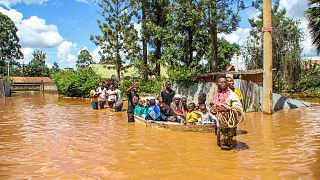
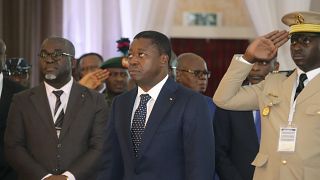
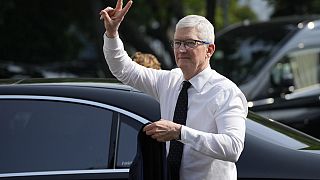
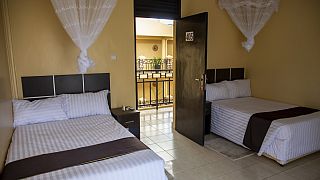
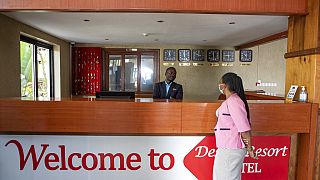
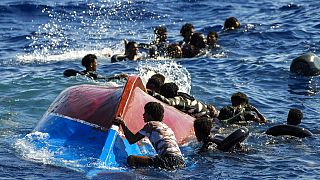
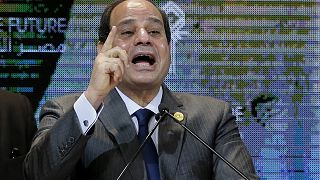
11:08
Is Africa’s soil healthy enough for food security? [Business Africa]
00:54
African issues to be discussed as foreign ministers of G7 countries meet
02:24
Zimbabweans forced to use US dollar in absence of new currency ZiG
01:14
Poll shows Egypt's March inflation figures expected to edge upwards
11:11
Senegal: Diomaye Faye's economic challenges [Business Africa]
Go to video
Binance executive detained in Nigeria amid a crypto crackdown has escaped custody